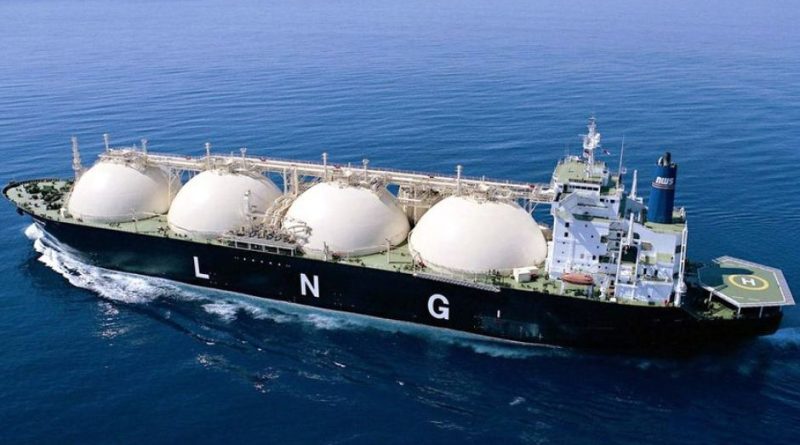Petrobangla is set to import at least seven additional LNG cargoes annually—mostly from the spot market—to ensure uninterrupted gas supply to the country’s fertiliser factories, which have long suffered from persistent shortages and frequent shutdowns.
The plan will be incorporated into the Annual Delivery Programme for 2026, Petrobangla Chairman Md Rezanur Rahman said. He noted that boosting LNG imports is essential to stabilise fertiliser production, especially during the peak October–March season.
The move comes after the Bangladesh Energy Regulatory Commission raised the natural gas tariff for fertiliser factories by 82.81 per cent to Tk 29.25 per cubic metre, effective 1 December. The increase followed proposals from Petrobangla and its distribution companies, which had argued that higher tariffs were necessary to fund extra LNG imports to bridge the supply gap.
Petrobangla estimates that the revised pricing will allow it to supply 250 mmcfd of gas during peak months, while maintaining 130–175 mmcfd during the rest of the year. Currently, the country’s six fertiliser factories receive only about 135 mmcfd against their combined requirement of 194 mmcfd, severely hampering output.
The tariff adjustment will raise Petrobangla’s annual LNG import capacity to 115 cargoes, up from 108. “With the increased tariff, we aim to generate about Tk 20.34 billion in additional revenue annually,” said Petrobangla Director for Finance Md Mizanur Rahman. He added that the company will also rely on government subsidies if needed, noting that Petrobangla is already receiving around Tk 60 billion in subsidies and Tk 1.07 billion from the energy security fund for LNG imports in FY2025–26.
The increased and stable gas supply is expected to significantly boost domestic fertiliser production. Bangladesh Chemical Industries Corporation (BCIC) plans to raise output by about 63 per cent to 1.8 million tonnes a year, reducing reliance on costly imports, its Planning and Implementation Director Md Delwar Hossain said.






